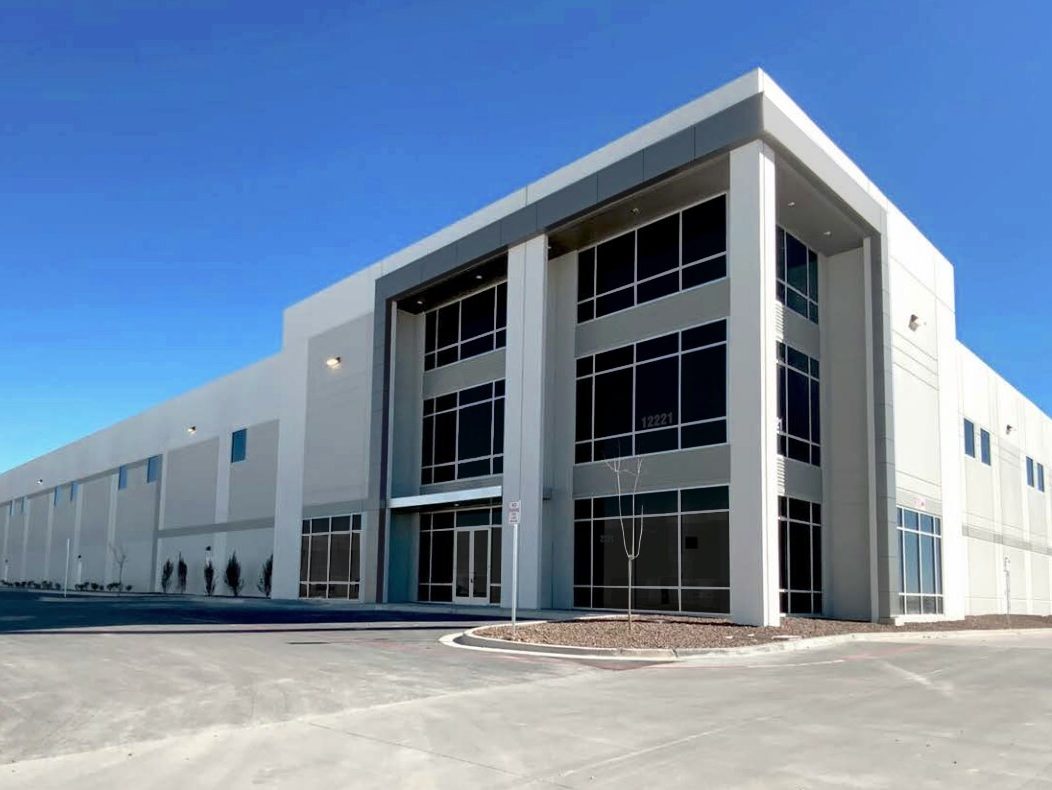Why C-PACE Is a Relief Valve in Tight Credit Markets
Bayview’s Anne Hill on how this strategy can help make projects financeable.
Developers, owners and project sponsors are bracing for an economic downturn, and many of them are already pulling back from new development or stopping projects mid-stream because of rising interest rates or lack of available capital.
From Austin offices and Denver multi-family to Northern Virginia medical care and Texas data centers, markets are already evidencing challenges. Developers, however, are discovering a new iteration in construction financing: C-PACE financing packaged with a traditional construction loan. While borrowers often want to include Commercial Property-Assessed Clean Energy financing (C-PACE) in their capital stack, they can hit headwinds because of the need to obtain consent from senior mortgage holders. By providing a combination senior construction loan with C-PACE, the consent issue becomes moot because they are structured in tandem.
In this current economic environment, both bank lenders and debt funds are warming up to the relatively new C-PACE tool. Project sponsors are increasingly contacting their existing lenders with questions about adding a C-PACE component. Banks have limited capital available for construction loans today. By allowing for C-PACE, the bank can cap their proceeds but still provide the borrower with the total leverage needed for the project to go forward. Debt funds are incorporating C-PACE into their loans as a way to bring down the blended cost of capital for a borrower. By structuring these loans with appropriate capitalized interest reserves as well as escrowing for CPACE payments, lenders are able to preserve their senior loan position.
C-PACE offers unusual flexibility and beneficial terms for qualified improvements in energy, lighting, water systems, building envelopes and other resiliency components for commercial real estate of all kinds–from student, senior and multi-family housing to industrial, hospitality, retail, office, mixed-use and more. For some, the C-PACE carve-out for resiliency components can be significant enough to be a linchpin in rebalancing the Weighted Average Cost of Capital, and get construction going.
C-Pace in Action
For example, a $90 million lending package, which just closed in January 2023, has enabled construction on a 153-unit student housing and retail project with an adjacent 308-stall parking garage in Tallahassee, just blocks from Florida State University. The fully amenitized Renegade Apartments, a joint venture of Charles Street Development Co. LLC and ACRES Realty Funding, Inc., involved a combination of $48 million construction loan by Oceanview Life and $15.6 million in C-PACE financing from Bayview PACE. The package exemplifies the kind of combo-deals possible throughout the 37 states where C-PACE is authorized.
Similar package financing was utilized for new construction of a $50 million ($11.5 million CPACE) senior housing project in California, a $44 million ($11.8 million CPACE) for a condominium development in Florida, a $170 million multifamily ($31 million CPACE) project in New York State.
C-PACE applicability in commercial construction is expanding. Not only has it become popular for new construction but owner/operators are also utilizing it for property redevelopment that addresses deferred maintenance or performs upgrades to attract tenants. There is also significant pressure from local/national regulatory bodies as well as institutional investors to employ green-building upgrades to reduce carbon footprints and meet climate change objectives, including New York City’s Local Law 97 going into effect this year.
As C-PACE financing continues greater adoption, having passed a milestone of over $4 billion in total financings according to PACENation, commercial real estate owners and developers as well as their traditional lending sources are putting this green finance alternative to use to build new, refinance or make needed improvements.
Anne Hill is senior vice president, Bayview Asset Management.








You must be logged in to post a comment.